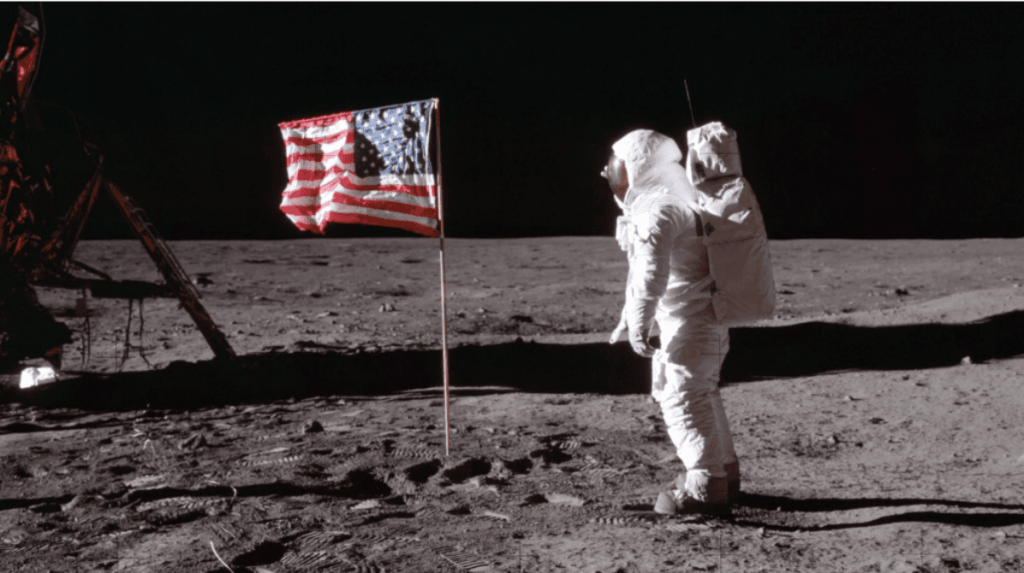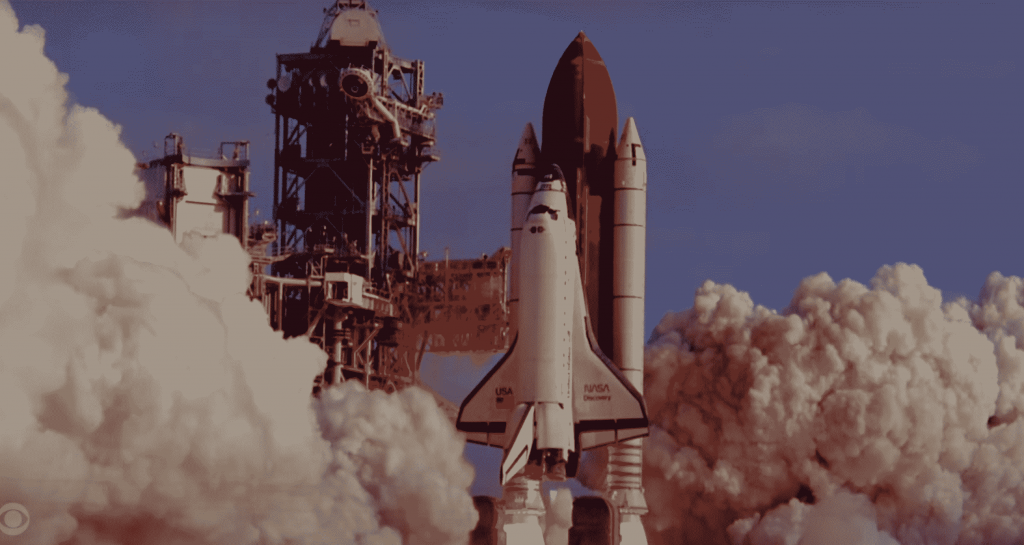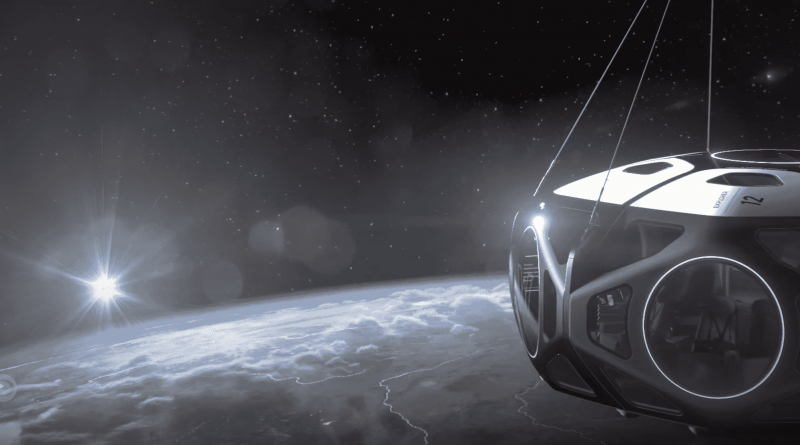Adventures in Space: Tales of Human Exploration
One of humankind’s greatest achievements is certainly finding a way to explore the solar system; setting foot on unknown territory.
It has always been an area of great interest for many. The mystery that the unknown holds, an effective display of how limited human knowledge is, how ignorant we truly are. Still, through the years, from the Cold War to plans for exploring Mars, considerable progress has been made, and has led to some quite fascinating projects.
The evolution of space exploration

Space exploration delves into researching the infinity that transpires beyond our blue planet. In ancient civilizations like the Babylonians, exploring space was but a pipe dream, as some looked up in the sky in wonder and speculation.
However, time passed, and as technological advancements, such as the James Webb Space Telescope, marked the 20th century, we witnessed exponential progress in this field of research.
It all began with rockets, obviously. These were initially manufactured as military weapons in the Cold War (1947-91) between the US and its allies opposing the Soviet Union. The war soon transformed into a space race, where both parties competed against the other with their technological achievements as a means to prove their superiority. Milestones followed, the Soviets saw the landing of Sputnik 1, a small significant artificial satellite, in 1957. Then Soviet cosmonaut, Yuri Gagarin became the first human in space by 1961.
In response, the US started the Apollo program, a mission to land humans on the moon. In 1969, Neil Armstrong famous for his words: “one small step for man, one giant leap for mankind” made history by being the first to set foot on the moon.
Adding to these developments, NASA launched the Space Shuttle program which consisted of a reusable low Earth orbital spacecraft system. It permitted and gradually improved the transportation of both astronauts and material to space. Consequently, it also improved the efficiency of future space missions.
Over the years to come, astronauts would travel more and more to space themselves. Thus, global powers eventually made the choice to form an alliance for space research. It was in the late ‘90s that the ISS: International Space Station was established, bringing together agencies from 15 major countries (US, Japan, Russia to name a few).

Since then, space exploration has much evolved. We are getting closer to other planets, with frequent expeditions granting us a better understanding of the solar system. Mars in particular is the current focus. Through sending robots like the Mars Rover, we discovered its potential in fostering life with its favorable climate.
In recent times we have seen the creation of new commercial Space companies such as Elon Musk’s SpaceX, Richard Brason’s Virgin Galactic and Jeff Bezos’ Blue Origin, who seem to hold innovative futuristic visions.
Modern exploration: space tourism, an outlandish project ->
28th of April 2003; the date when Dennis Tito, American entrepreneur and engineer, after having paid his trip (a staggering sum of 20 million dollars) to venture into space, became the first space tourist.
Space tourism is a concept that has developed in recent decades. As the name indicates, it is the practice of taking private individuals on a trip to space for recreational purposes. Or, as a presenter of the German news station, DW News amusingly called it: a “toy for the rich”.
SpaceX, Blue Origin, and Virgin Galactic are now the major players competing in this market, with each bringing to the table their own appealing offers. SpaceX with its Crew Dragon spacecraft, has transported private individuals to the ISS and back, aiming for more durable, and potentially longer trips.
A breathtaking panoramic view and a memorable experience are the focus in Virgin Galactic’s SpaceShipTwo. The large windows giving a contrasting blue and black view, including a taste of micro-gravity, thrill the customers.
Like Virgin Galactic, Blue Origin offers shorter suborbital excursions on the New Shepard. Bezos’ approach is similar however, he really makes safety and precautions a priority, ensuring a smooth flight.
The Space Economy clearly has a lot to gain financially from space tourism. And while it must be an experience of a lifetime, admiring our planet in all its natural and wonderous grandeur and getting the feel of micro-gravity, this opportunity comes with risks. What makes this endeavor challenging and dangerous, is first and foremost, how unpredictable space can be. What might or might not happen is unforeseeable and any potential rescue mission would be impossible. Secondly, there is a “1% disaster rate”, where 4 in 400 past manned flights have ended as a “fatal accident”. One such accident occurred in 1986 with the well-known crashing of the Challenger, that, due to an unknown defect, killed its 7 passengers. And, despite the reassurances of solid safety measures, bringing inexperienced customers on such a mission raises doubts.

All in all, the industry is said to grow “exponentially” in the upcoming decade. Valued at 600 million dollars in 2021, predictions claim it will rise to a staggering 13 billion dollars (about $40 per person in the US) by 2031. Very soon, somewhere around 2025, NASA predicts civilians will be sent to Space. Better high-tech projects are starting to see light too, creations of futuristic lounges for example.
In any event, the future of space tourism is brimming with immense potential.
Conclusion
Overall, this article is a foray into the immensely complex and intriguing field of space exploration, a simplified overview, one could say.
Learning about this intangible reality is a fixation that transcends human history. Our achievements so far showcase human prowess: how we have progressed over time, how much have already achieved and the future possibilities within our reach. Modern exploration allows for more audacious, innovative, if not curious ideas to take form. Space tourism surely counts as one such endeavor.
Mathilde Van Oostrum / S6FRC / EEB1 Uccle




